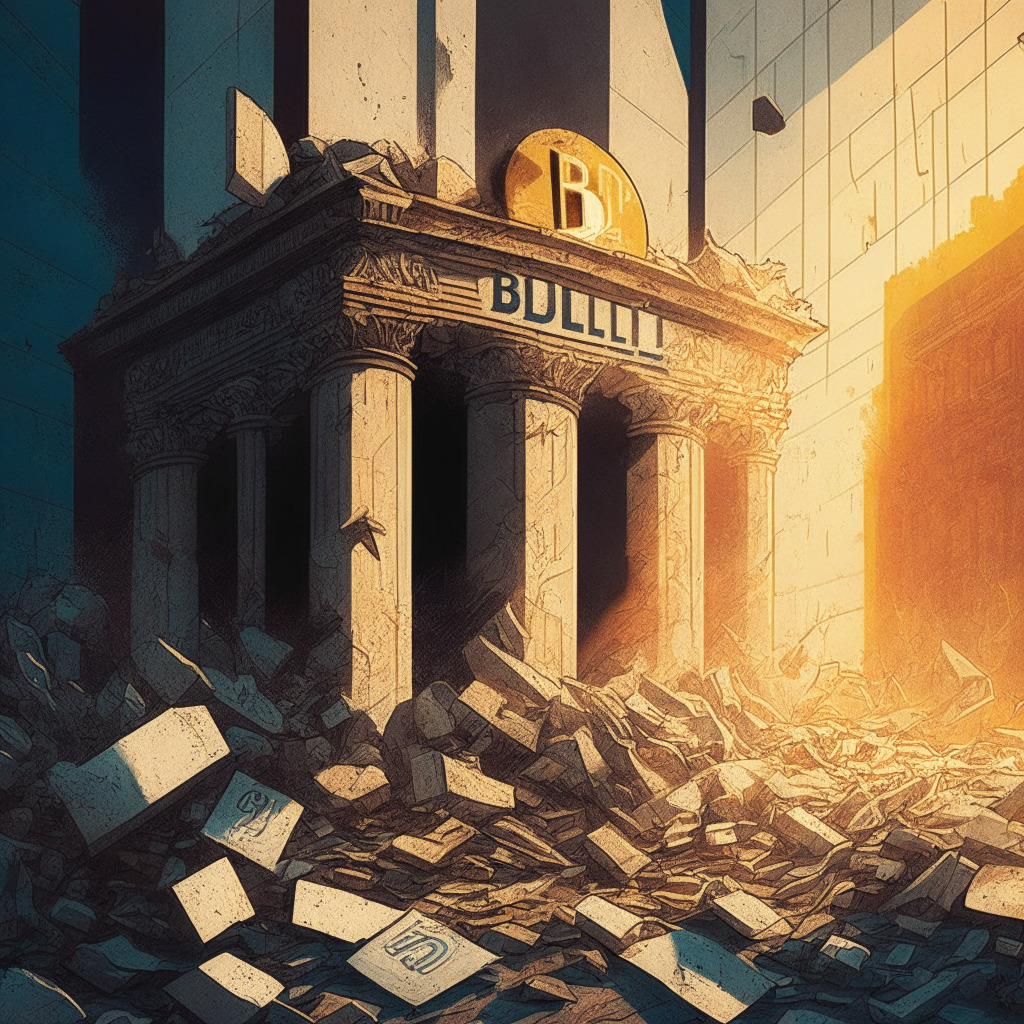In the rapidly evolving world of cryptocurrencies, advancements in technology and market trends provide food for thought to enthusiasts and skeptics alike. The blockchain future, with all its potential and challenges, offers an interesting backdrop for debates on technology, markets, and safety. As avid followers of the blockchain space, we shall delve deeper into these topics, incorporating informed skepticism into our discussion.
One cannot deny the impressive growth witnessed in the cryptocurrency market; a perfect example is the rise of Bitcoin valuation in recent years. For believers, this exponential growth highlights the role cryptocurrencies can play in reshaping the global financial landscape. However, skeptics question the sustainability of this growth, pointing to the volatile nature of digital assets that can lead to drastic price fluctuations. The fear of a “crypto bubble,” which may burst and cause substantial losses to investors, fuels the skepticism surrounding the market’s potential.
Furthermore, the impact of influential figures like Elon Musk on the crypto space cannot be overlooked. His tweets have caused significant price swings in digital currencies like Bitcoin and DogeCoin. Proponents argue that this showcases the power of social media and its ability to democratize market information. On the other hand, skeptics wonder if this influence is a double-edged sword, allowing manipulation of the market and questioning its stability.
Blockchain technology offers various potential benefits. For instance, decentralized currencies can eliminate the need for intermediaries like banks, leading to reduced transaction fees. The distributed ledger system’s superior transparency and security are other enticing features that crypto enthusiasts endorse. Yet, skeptics argue that blockchain’s pitfalls – such as scalability issues, energy consumption, and regulatory concerns – can hinder its pervasive adoption.
While it’s true that blockchain-based innovations like decentralized finance (DeFi) are transforming traditional financial systems, fraud concerns and security breaches remain a significant challenge. Although DeFi platforms offer an alternative to traditional bank-controlled lending, borrowing, and trading, it is not devoid of safety concerns. Online platforms like Binance have faced constant pressure to bolster security for user funds, amidst a growing number of hacks and fraud attempts.
So, we must approach the blockchain future with a discerning eye. On one hand, cryptocurrencies, enabled by blockchain technology, are poised to reshape the financial landscape with their potential to democratize access, slash transaction fees, and disrupt traditional systems. On the other hand, market volatility, manipulation risks, and security issues must be considered as we navigate this rapidly advancing arena.
Ultimately, the choice lies with individual investors and enthusiasts to balance the benefits and drawbacks of blockchain and cryptocurrencies in their decision-making process. As a community of like-minded individuals, let us continue to educate ourselves on this captivating subject, while keeping in mind the importance of striking a healthy balance between optimism and skepticism.
Source: Coingape




